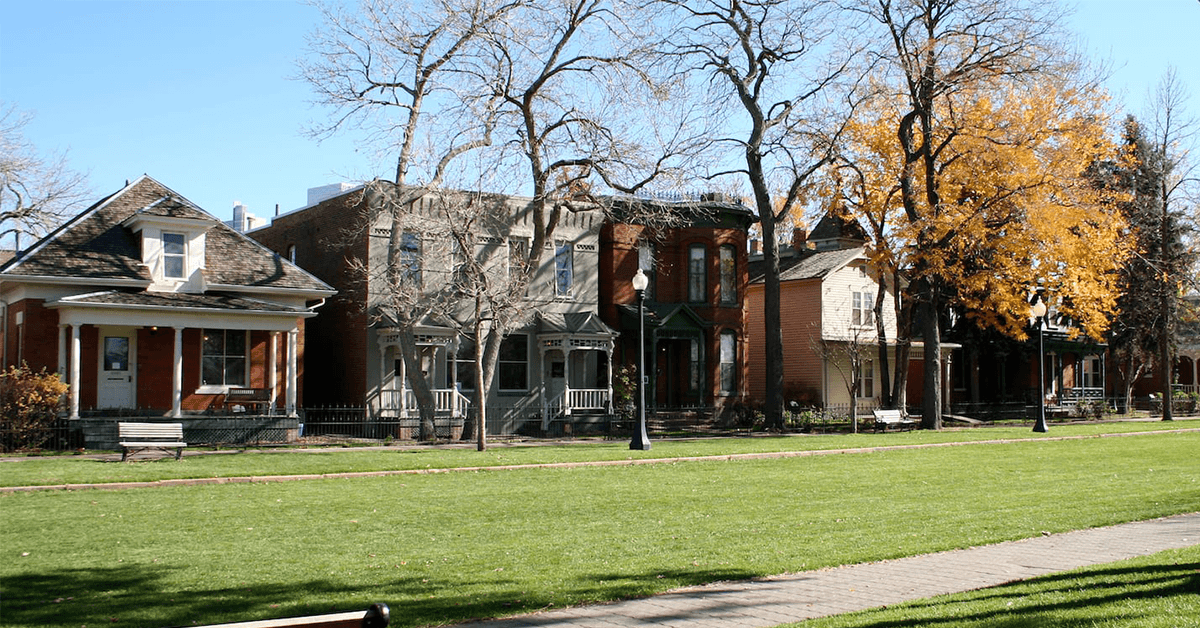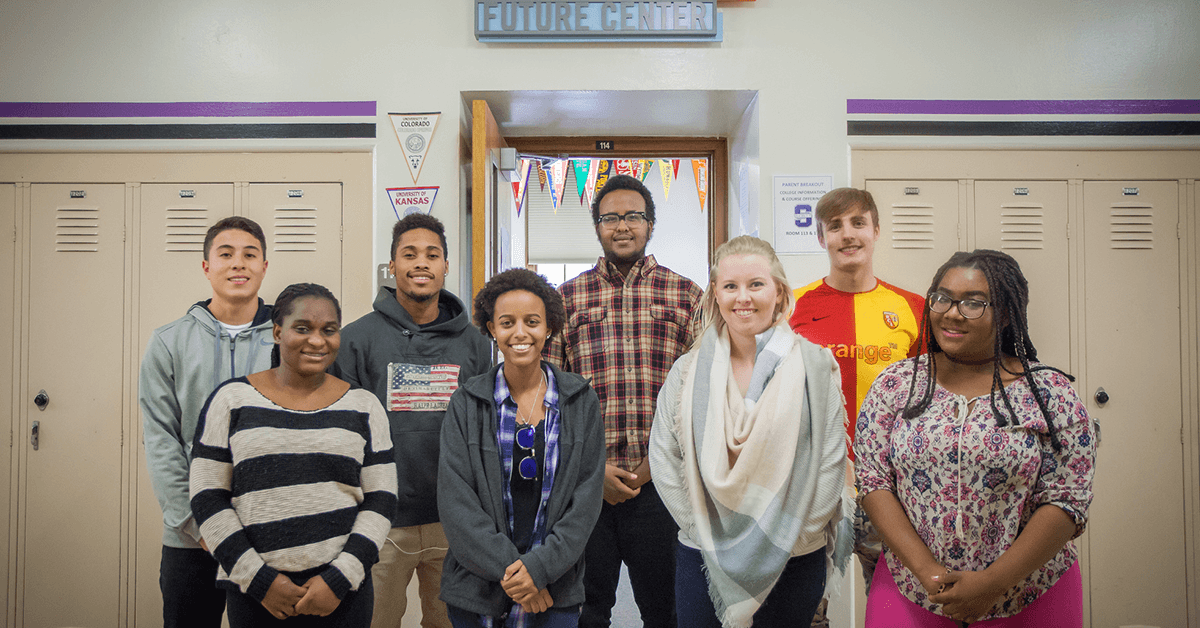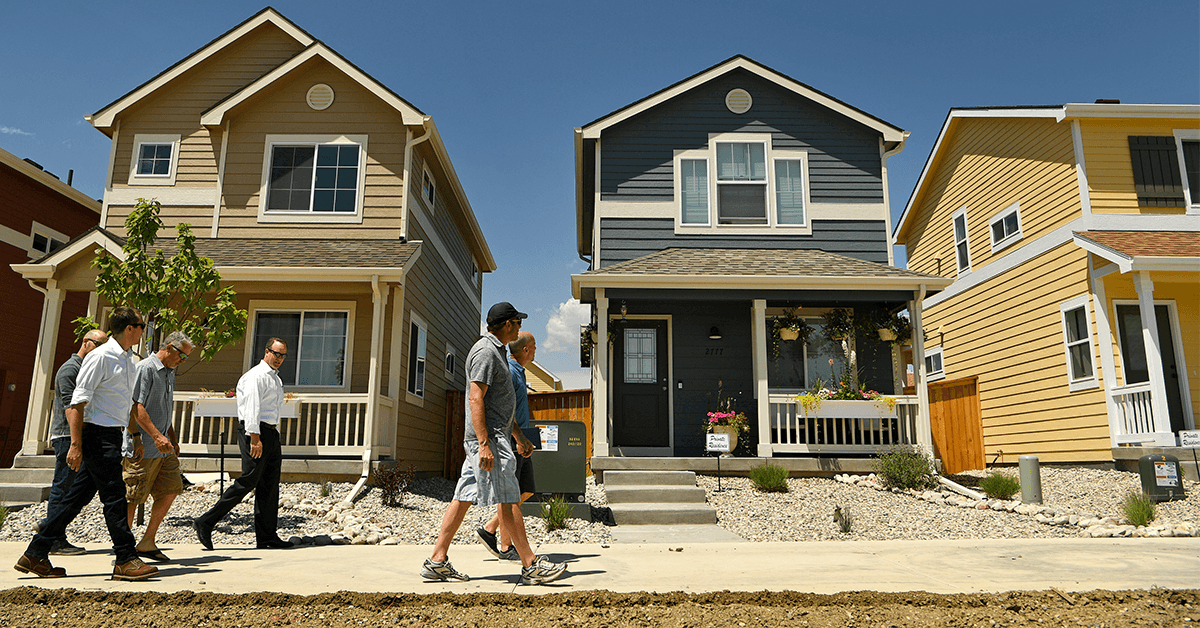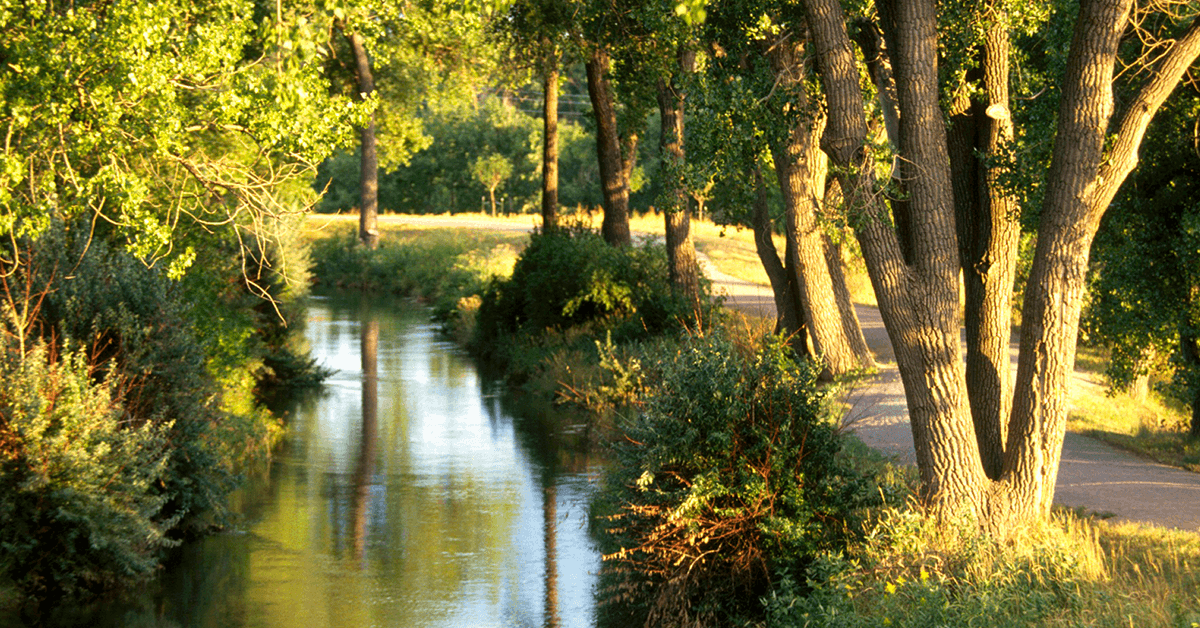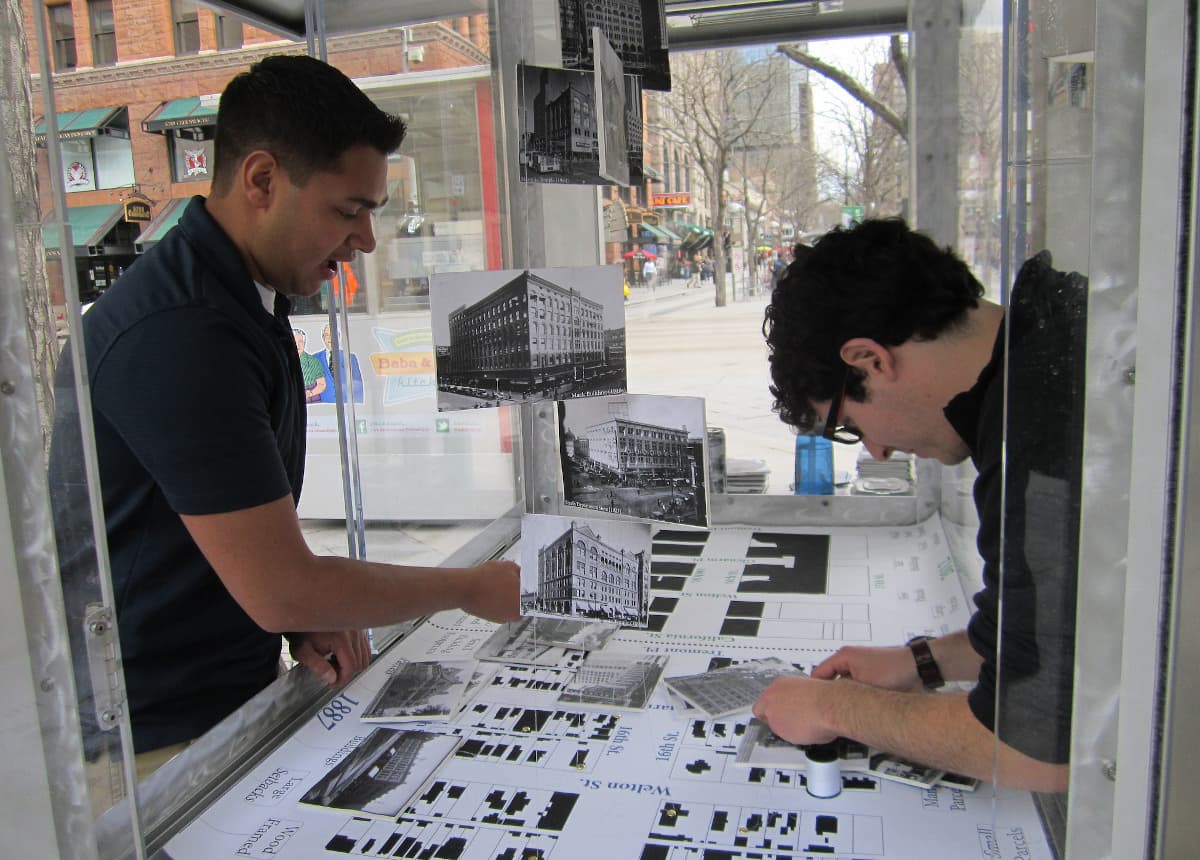
The Presidential Initiative is intended to foster excellence and preeminence in urban and place-based research and creative work at CU Denver through offering funding, coordinating faculty across campus, communicating outcomes, enabling connections with partners in the community, and serving as a resource for sharing data and best practices. In so doing, it is intended to both increase the impact of CU Denver’s urban and place-based research and creative work, and to attract and fund faculty and students interested in this domain. While focused on urban issues generally, the Initiative emphasizes work relevant to the Front Range, particularly when it has implications nationally or internationally.
The Initiative funds projects that address critical and timely topics related to cities, such as: Social and Environmental Justice, Equity and Inclusion, Affordable Housing, Plan Making, Public Spaces, Global Cities, Smart Cities, Urban Informatics, Artificial Intelligence for Cities, Infrastructure, Transportation and Mobility, Climate Adaptation, Green Infrastructure, Air and Water Quality, Urban Ecology, Biomimicry, Green Real Estate Development, Public Health, Water and Energy Use, Natural Hazards Mitigation, Environmental Policy, Public Finance, Historic Preservation, Creative Industries, Placemaking, Community Development, Arts and Urban Revitalization, Healthcare Access, Economic Development, Behavioral Economics, Education Policy and Practice, Public Policy and Governance, Public Safety, Public Engagement, Entrepreneurship, Urban Design, Construction Management, and much more.
The 2021 Request for Proposals for seed grants is now closed. Full descriptions of the projects awarded in the 2020 round of funding are given from the links below.
